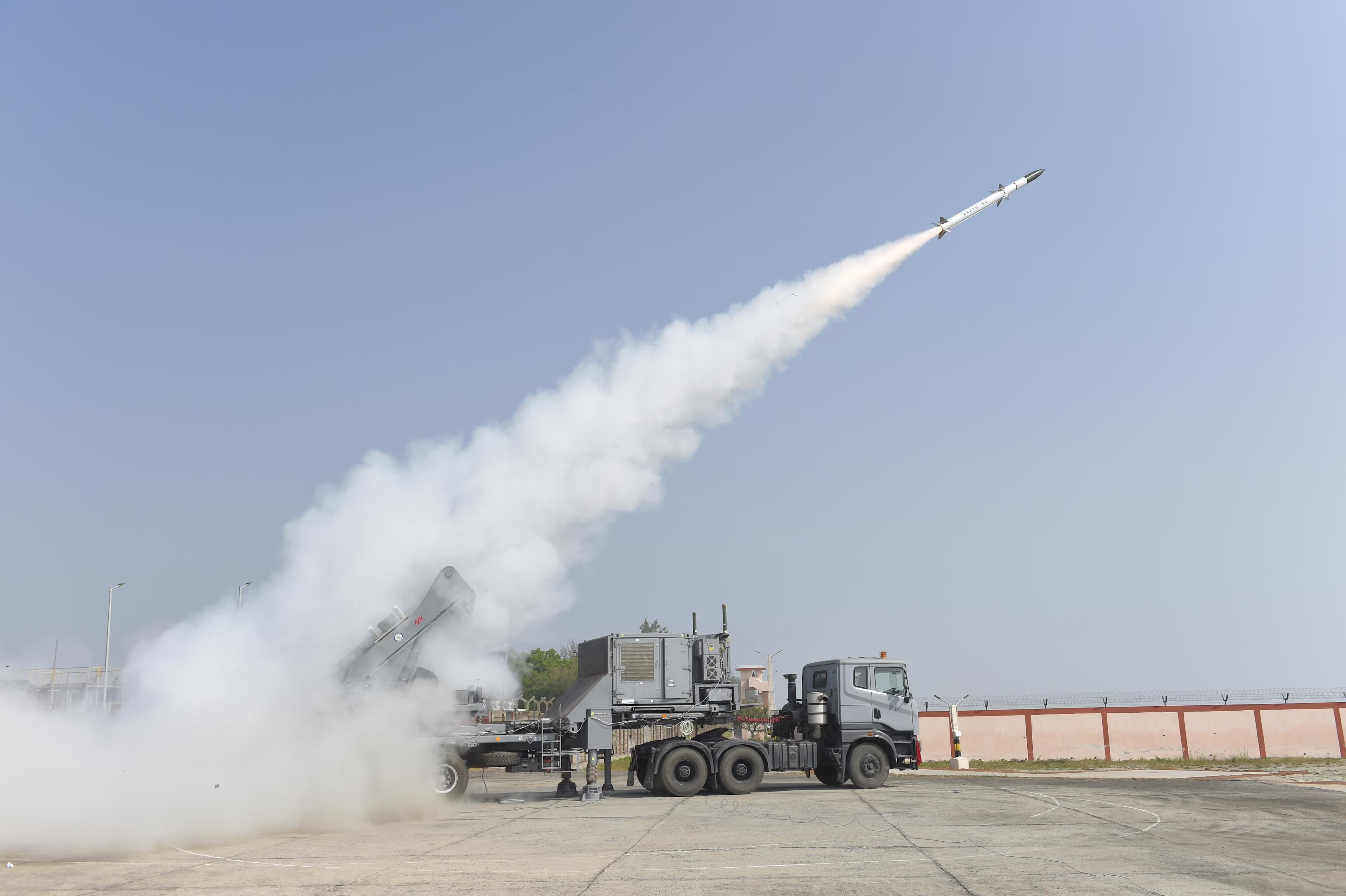Font size:
Print
DRDL Successfully Conducts Long-Duration Scramjet Combustor Test
DRDO boosts hypersonic tech with scramjet combustor test
Context: The Defence Research and Development Laboratory (DRDL), a unit of the Defence Research and Development Organisation (DRDO), conducted a long-duration ground test of an Active Cooled Scramjet Subscale Combustor.

More on News
- The test lasted for over 1,000 seconds. It was conducted at the newly built, state-of-the-art Scramjet Connect Test Facility located in Hyderabad.
- This successful test follows an earlier test conducted in January 2025, where the combustor was tested for 120 seconds.
- Defence Minister Rajnath Singh hailed the achievement, stating it reflects the government’s strong commitment to realising critical hypersonic weapon technologies.
Technology Overview
- Scramjets (Supersonic Combustion Ramjets) are air-breathing engines that sustain combustion at supersonic speeds without any moving parts.
- These are essential for hypersonic cruise missiles, which are capable of traveling at speeds greater than Mach 5 (i.e., over 6,100 km/h) for extended durations.
- Air-breathing propulsion systems with supersonic combustion are crucial for achieving sustained high-speed cruise conditions.
Significance
- The test is described by DRDO as a significant milestone in the development of hypersonic weapon technology.
- It validates the design of the long-duration scramjet combustor as well as the capabilities of the new test facility.
- With the successful completion of this test, the system is expected to be ready soon for full-scale, flight-worthy combustor testing.
Collaborative Effort
- The development and testing involved integrated efforts by multiple DRDO laboratories in collaboration with industry and academia.
- This joint initiative contributes to building a strong foundation for India’s hypersonic cruise missile development programme.
Understanding Hypersonic Weapons
- Defined as munitions that travel at speeds exceeding Mach 5 (five times the speed of sound).
- They fall into two primary categories:
- Hypersonic Glide Vehicles (HGVs): Launched from rockets, these glide towards their targets at high speeds and can manoeuvre mid-flight, making them difficult to intercept.
Hypersonic Cruise Missiles (HCMs): Powered throughout their flight by air-breathing engines known as scramjets, these missiles maintain hypersonic speeds while being capable of precise targeting
